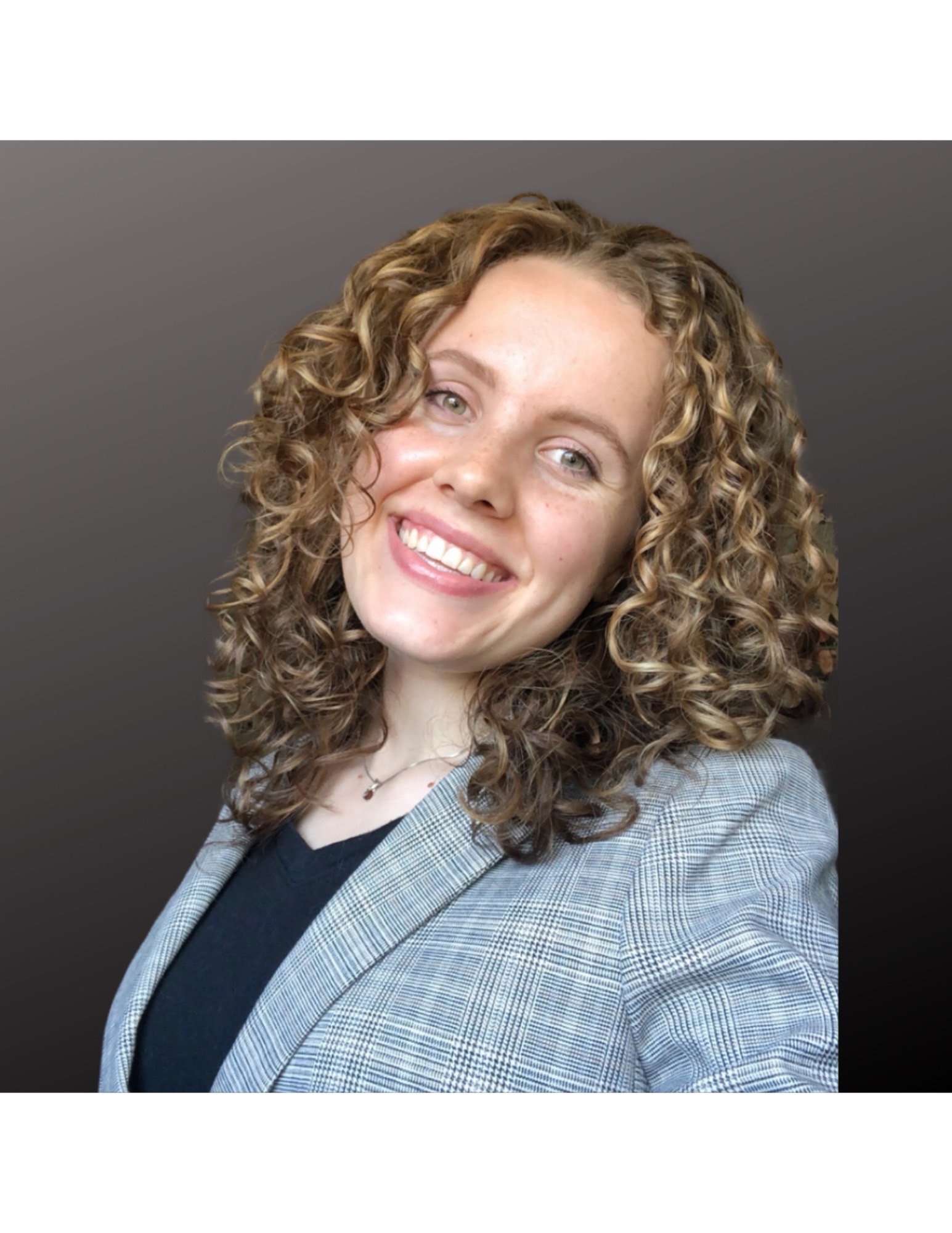Taryn Discusses Being Queer&Christian While Navigating Living In Texas
“President of Texas Club”. What, or who, would you picture? Perhaps her hair is long with blond highlights; her clothes are from Altar’d State, Target, and Lululemon; and she’s never found without her Birkenstocks, crop top, or cowgirl hat (or all three).
I was raised in a big family outside of the Dallas-Fort Worth area: I went to church every week growing up, I spent my summers at a Christian camp (woo Sky Ranch!), and no one in my family or close group of friends was anything but straight. As you can probably imagine, the internalized homophobia followed me for years. I had decided, “I’m not like this, I’m normal. This will pass.”. But clearly, it didn’t, and having spent the years since high school dating both girls and guys, I’m finally at a place where I’m perfectly happy with it. I have to personally thank Shonda Rhimes for this acceptance though, because watching 18 seasons of Grey’s Anatomy with my mom not only reminded me that my parents (luckily) would be accepting, but also offered numerous role models– most importantly, offered role models whose main identity was not their sexuality, but their profession. Gay, straight, bi, or trans, every character on the show was there because it was “a beautiful day to save lives”, and it opened my eyes to the idea that by no means is your sexuality your only identity; by no means do you have to be queer without a queer& following it.
So yes, I dress traditionally feminine, I love my blond highlights, and I don’t hesitate to share with people how much I love Texas; I look and dress like most of my cousins and friends from home. I quickly found out this did not mesh well at Harvard– it was emotionally exhausting at first, having to come out to people over and over when I started college. Whether in my sorority, Model UN conferences, or even just meeting friends at Annenberg during my first year, I always inevitably received strange looks when I mentioned the word “girlfriend”. People always did a double-take; “What? Wait… I had no idea you were bi.”. Some just stared in response. When I mentioned “long-distance relationship”, someone asked reflexively, “Oh, where does your boyfriend go to college?”. But despite the emotional labor, I slowly began to find it rewarding. I felt like I was playing some small part in redefining people’s perception of people (especially women) from the South, and of queer women. Over and over, I witnessed the surprise of someone who realized their assumptions were totally wrong. What I found most rewarding was talking to the sorority girls who looked like me, to students also from the South, and even to friends/family who leaned conservative– here was someone who looked like them, talked like they did, and called the same part of the country home, yet part of her identity just didn’t match. In a way, it framed my “otherness” in an image of someone just like them. It persuades a little more acceptance, a little more open-mindedness, where perhaps there wasn’t any before.
I found that while the Harvard community perceives itself as liberal, progressive, and inclusive, there is still a long way to go. I may not have short hair or wear flannel every day, but that does not make bisexuality any less a part of my identity. And that’s exactly what it is: a part of someone’s identity, just like by beloved characters (Arizona, Callie, Amelia, Carina, Teddy, Maya, and yes– even Taryn) from Grey’s Anatomy. For me, it’s a part of my identity alongside a sister and a daughter; alongside a student who will skip her econ lectures to go to Arabic language office hours, or to run yet another Model UN conference; a student who’s traveling every chance she gets, and working all her spare time at the library to fund the next trip.
It takes time to figure out what role your sexuality plays in your identity, and sometimes even more time to help the people around you understand that. But changing people’s minds just by being yourself is so rewarding; it’s the reason I put so much time into re-establishing Texas Club this year. My state is not without its challenges and issues, but the South does not deserve the “backwards” and “homogenous” reputation it has at Harvard; the liberal-leaning parts of the US have the same issues of discrimination, but perhaps just hide them better among politics, media, and high living costs. My hope is that I can offer a different, more positive perspective of Texas at Harvard, and be a part of the solutions to the challenges faced both on campus and at home. That is my &.

